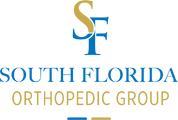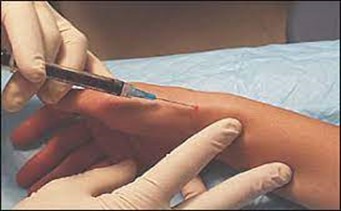
Hello, I am Dr. Ayisha Livingstone, MD, a Fellowship trained and Board-Certified Orthopedic Hand Surgeon. I reside and practice in Fort Lauderdale, Florida with the South Florida Orthopedic Group. I completed my Orthopedic Residency at the University of Miami, and my Fellowship at the University of Pittsburgh.
I genuinely love my community here in South Florida and decided to help bring awareness on common hand and wrist ailments that present to my practice. Once a month I will post a new topic on the website. Please feel free to use the contact information to see me or my colleagues with any questions or concerns.
In the September 2022 blog I discussed De Quervain’s tenosynovitis and addressed the symptoms, causes, and examination. I had mentioned that in the September blog that I would discuss the treatment options in greater detail. Here we go….
Treatment:
Nonsurgical Treatment
Treatment for De Quervain’s is aimed at reducing inflammation, preserving movement in the thumb and preventing recurrence.
Medications:
- To reduce pain and swelling, I may recommend using pain relievers that you can buy without a prescription. These include ibuprofen (Advil, Motrin IB, others) and naproxen sodium (Aleve).
- I may also recommend injections of corticosteroid medications into the tendon covering to reduce swelling. If treatment begins within the first six months of symptoms, most people recover completely after receiving corticosteroid injections, often after just one injection.
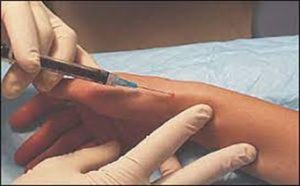
Therapies/Bracing:
- Initial treatment of de Quervain tenosynovitis may also include immobilizing the thumb and wrist, keeping them straight with a splint or brace to help rest the tendons.
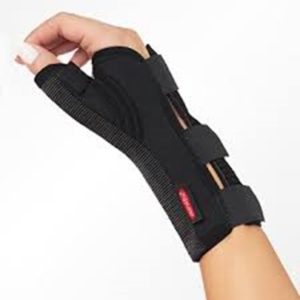
- If there is clear dysfunction with activities I may also see a physical therapist or an occupational therapist. The therapist may review how you use your wrist and give suggestions on how to relieve stress on your wrists. Your therapist can also teach you exercises for your wrist, hand and arm. These exercises can strengthen your muscles, reduce pain and limit tendon irritation.
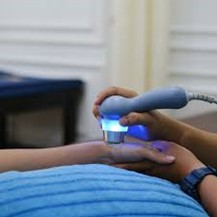
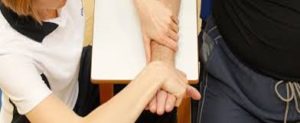
Lifestyle and home remedies:
- Avoid moving your wrists the same way repeatedly.
- Wear a brace or splint if suggested by your health care provider.
- Follow through with recommended exercises.
- Note activity that causes pain, swelling or numbness in your thumb and wrist. Try to avoid this activity and share the information with your physician.
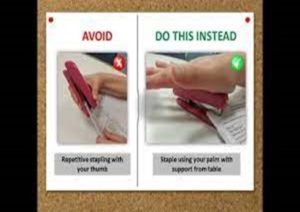
Surgical Treatment
Surgery may be recommended if symptoms are severe or do not improve with non-operative management. The goal of surgery is to release the tendon sheath to make more room for the irritated tendons. When done correctly, this can relieve the symptoms of De Quervain’s tenosynovitis without affecting hand/wrist function.
During surgery:
- I will first identify and protects the nerves that live near the tendon sheath.
- I will then releases the sheath in a way that avoids tendon instability.
- If there is excess tissue (tenosynovium) around the tendons, this tissue will be removed
- The incision is then closed, and a bandage (and sometimes a splint) is applied.
Recovery/Outcomes:
Most patients with De Quervain’s tenosynovitis do very well and are ultimately relieved of their symptoms with nonsurgical and/or surgical treatment. Fifty to 80% of patients can be successfully treated nonsurgically with splints, NSAIDs, and injections. The remaining patients typically respond well to surgery.
Complications of surgery are rare. Patients with diabetes may be less successfully treated with injections and are more likely to have a surgical complication (infection, wound healing problems, etc.).
Regardless of the treatment, you can usually resume normal use of the hand once comfort and strength have returned. Your orthopaedic surgeon can advise you on the best treatment for your situation.
If you feel as if you or any of your family and friends could have any of the symptoms provided here, medical care is available. I am ready and happy to help you keep your hands healthy and functional. Please click here to learn more about my practice or to book a consultation.
Thank you,
Ayisha Livingstone, MD
